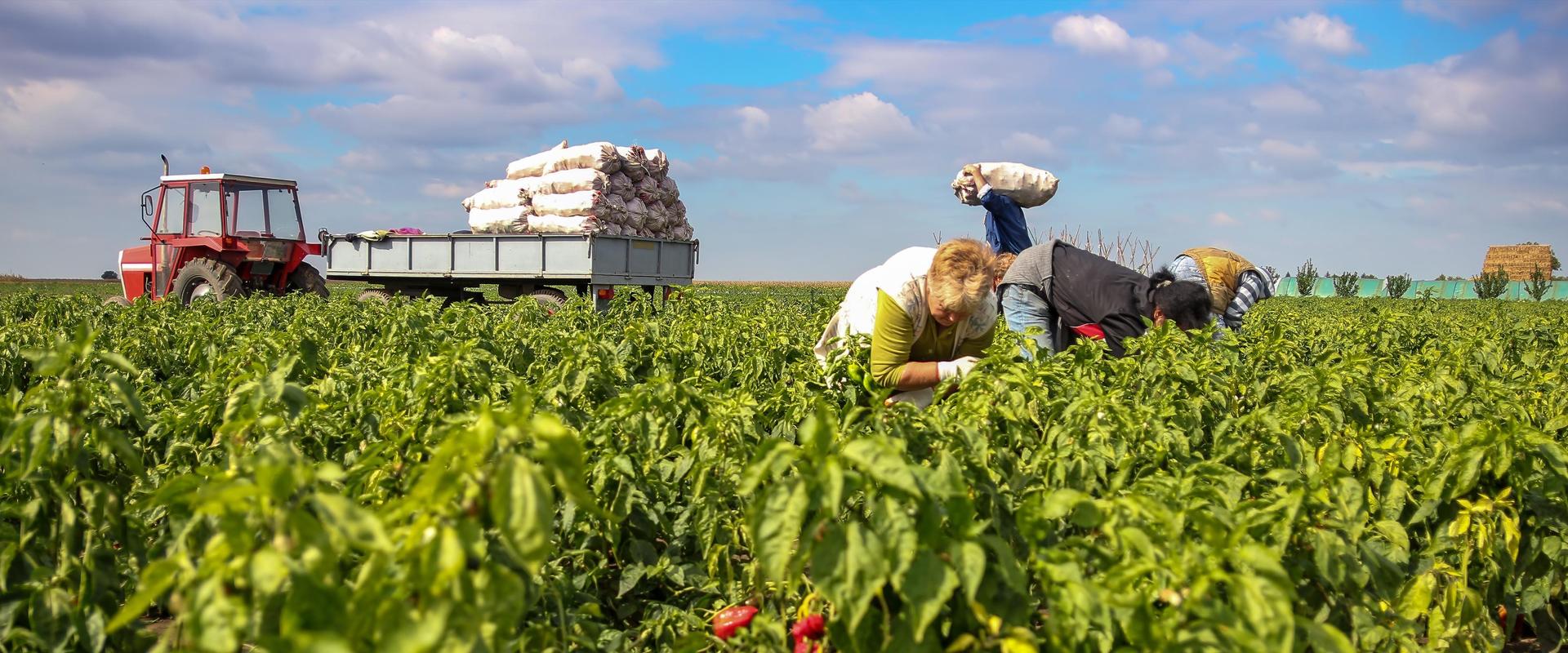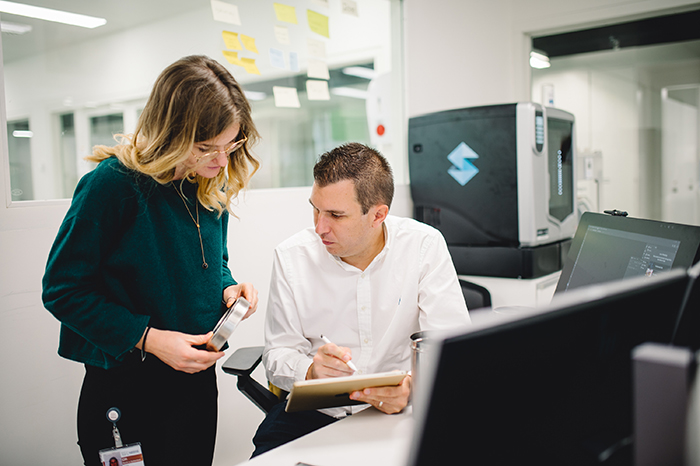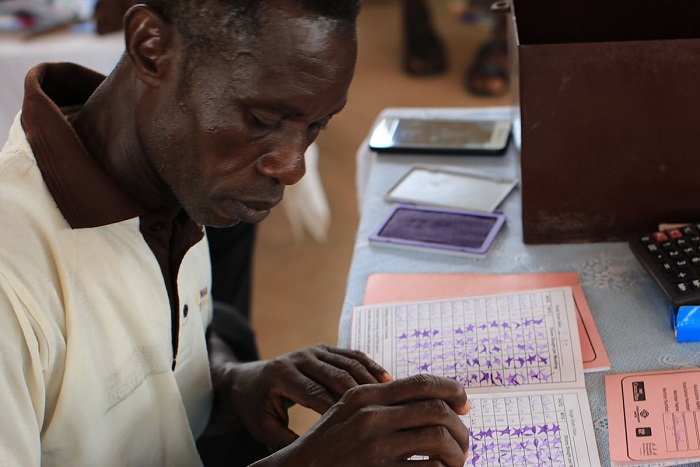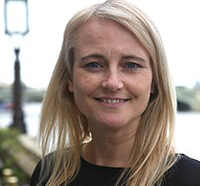Modern slavery – acting on injustice

Many people are unaware of the scale and breadth of modern slavery in the UK and Ireland. In fact, all of us are touched by it, directly or indirectly – through the food we eat, the clothes we wear, the cars we drive or the buildings we live and work in.
At Nestlé, we are continuously working to ensure that people in our manufacturing and supply chains are treated fairly and their human rights are respected. This is essential for the sustainability, integrity and future success of our business.
Keeping tabs

Getting their just dues

Every little bit counts

How long is too long?
Out of the shadows
Our ongoing partnership with UK anti-slavery charity Unseen is improving awareness and understanding of this complex issue across our organisation and with key suppliers.
Unseen’s interactive training uses virtual reality headsets to take participants into fields and offices in the UK. There, vulnerable workers share how forced labour and labour abuse can take place in any street, town or city and indeed in any business. This gives an added dimension to our employees’ understanding of modern slavery and raises their awareness of the risks it poses to our own supply chains.
We need to do more
“Collaboration to end modern slavery is vital. Through our partnership with Nestlé, we are encouraging the company’s employees and suppliers to question what they see around them and adopt behaviours and practices to prevent more people from becoming victims. This is a vital first step towards ridding our communities of this scourge.”
You may also be interested in
-
No chains in our supply chains Eliminating slavery from our supply chains remains central to our commitments.2021 Modern Slavery and Human Trafficking Report
-
At the heart of our company Fairness, honesty and concern – for individuals and families, communities and the planet.Our Corporate Business Principles, (pdf, 4Mb) >
-
Protecting universal human rights Taking action against exploitation and slavery.Find out more


